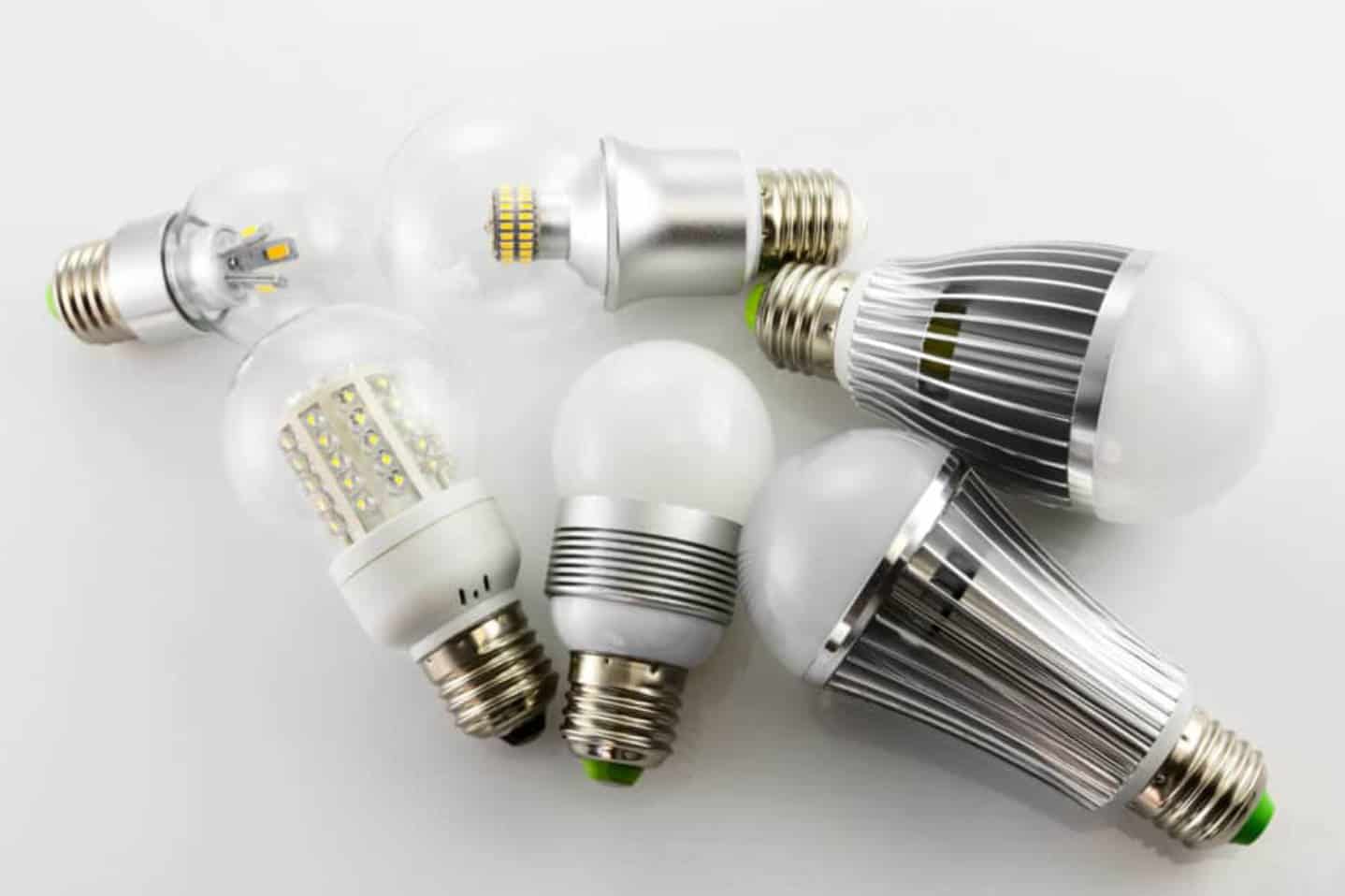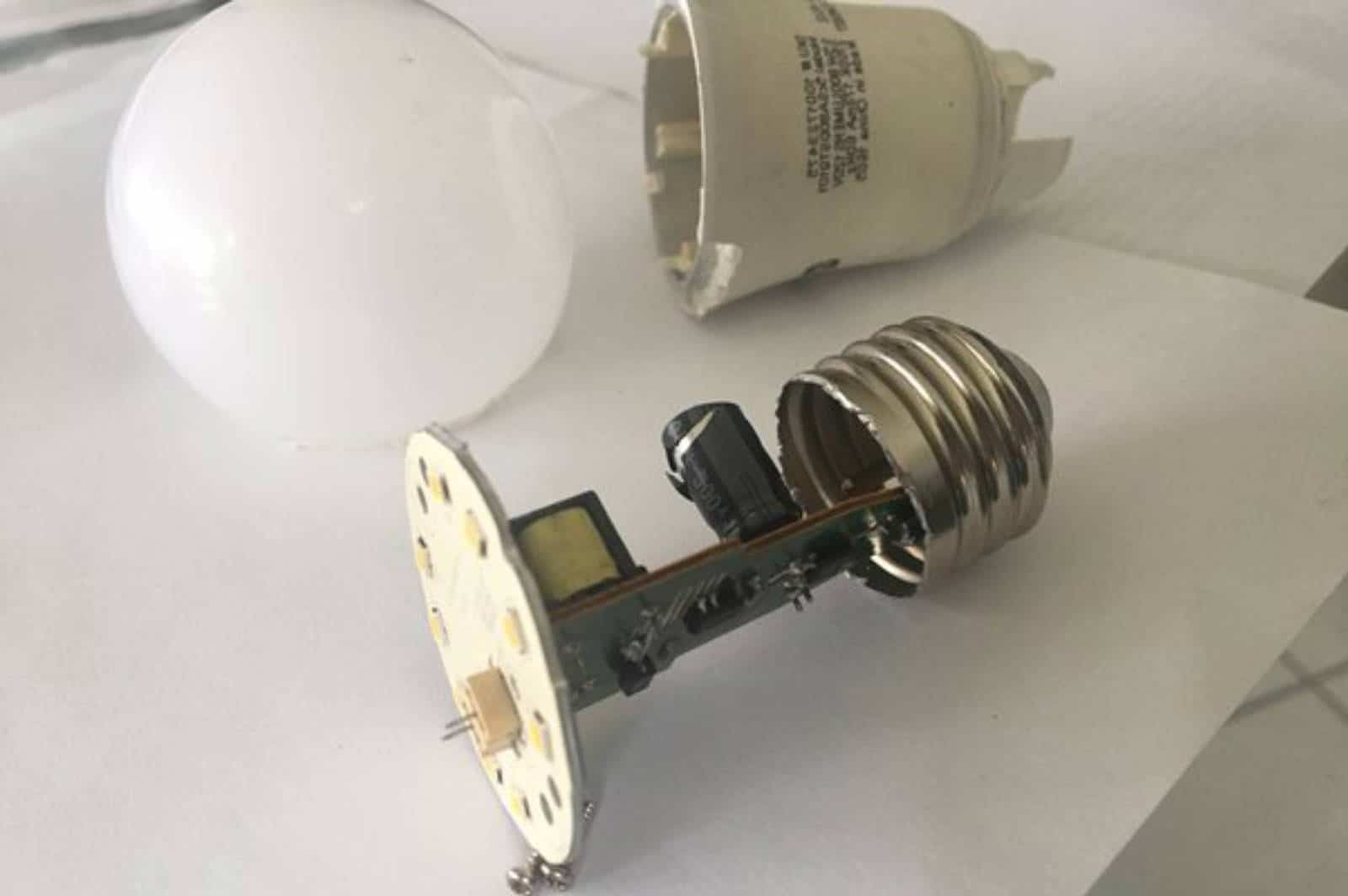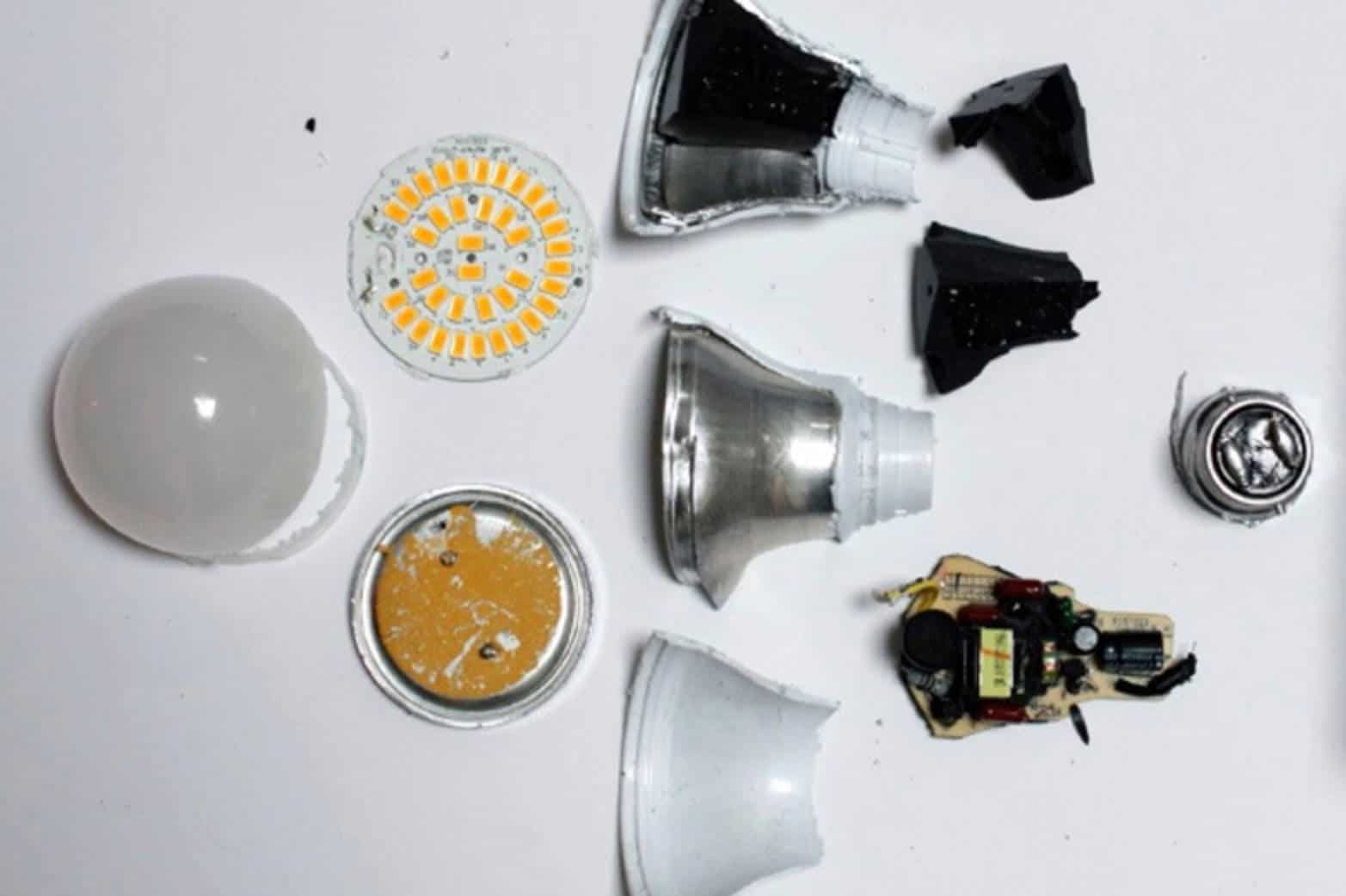Disposing of waste takes more than just mindless throwing. You need to be aware of your trash to ensure you are not posing risks to people and living things around.
It is critical to know how to dispose of led light bulbs. Some bulbs contain hazardous components that can harm people and the environment.
Delving Deeper Into LED Light Bulbs
LED lights have been superstars when you look at their popularity level as light sources. They are famous and widely used because of their excellent characteristics.
LED lights are extremely energy efficient. They do an efficient job as a light source while maintaining both the feel and even the appearance of incandescent bulbs.
Gallium arsenide is the most common material used in LEDs. However, there are several variations and versions of this fundamental combination. This includes aluminum gallium arsenide and aluminum gallium indium phosphide.
One of the distinct characteristics of LED light bulbs that sets them apart from other light sources is their difference in quantities of energy required. Incandescent, CFL, and LED bulbs require different amounts of energy.
Compared to incandescent lights, LED bulbs use more than 75% less energy. The disparity between the two is significantly more pronounced whenever there are lower power levels.
Bright LED lamps consume only a range of 11 to 12 watts while producing the same amount of light as a 50-watt incandescent bulb.
Another thing is that Incandescent light bulbs spend more than six times of the energy LED light bulbs consume. This is one of the reasons why purchasers prefer LED light bulbs nowadays.
Furthermore, incandescent lights must be replaced more frequently than an LED light bulb’s lifespan. This is due to their 50-fold lower average life expectancy.
LED light bulbs are made up of small semiconductors, also termed diodes. These diodes are covered in plastic, and these helpful covers protect them from different elements.
Another notable difference between a regular bulb and a LED light bulb is the presence of wire filaments. LEDs do not possess these wire filaments, unlike regular ones.
Instead, LEDs work through electroluminescence. What is the concept of electroluminescence? This is a phenomenon in which a material’s electrical stimulation causes photon emission.
LED Light Bulb Disposal
Proper disposal is essential in almost anything you might need to throw away. It’s important to be mindful of what you throw away to avoid posing risks in the process of it.
Before you toss your old light bulbs in the garbage, you need to consider that they are recyclable. So, as much as possible, it’s good to recycle those you can to help the environment and minimize garbage.
Discarding outdated light bulbs carelessly is not ideal. Glass might shatter and rip the plastic bag, garbage bag, cloth, or whatever you may have used in wrapping it up.
Depending on the type of light source and composition, a broken light bulb could leak gas such as nitrogen, argon, or helium.
Unlike other light bulbs, LEDs do not contain as many harmful compounds. However, while LED light bulbs may not contain mercury, they are typically created with toxic materials.
These materials can have lead and arsenic. Many cities refuse to take these types of bulbs in their recycling programs. As a result, most individuals discard their burned-out bulbs in the trash.
Because there is no mercury found in LED bulbs, they may be thrown away safely in the garbage. However, this should be done with care and proper knowledge.
For safety, it’s essential to wrap them up with a thick layer of paper like newspaper and tape. You need to dispose of them properly and label them as household hazardous waste.
Unfortunately, this implies that lead and arsenic wind up in landfills and, eventually, water supplies.
It’s paramount that you inquire with your local recycling center and ask whether LEDs are accepted as part of their special pickup services. It’s a good idea to check with your local recycling center to see if they’ll take your LED light bulbs.
Suppose you happen to be disposing of LED Christmas lights. In that case, they are frequently accepted at places like Home Depot and firms that prioritize holiday light sources like holiday lights and other recyclable things related to holidays.
You can also check other available recycling sites and receive recyclable LED light bulbs. There are even sites that allow you to send LEDs straight to them.
Advantages of Recycling LED Light Bulb
LED lights are made of recyclable glass and metal, so people are encouraged to recycle as much as possible.
Like the books and environmentalists say, to conserve Earth’s resources and prevent unnecessary waste, it is best to reuse and recycle, especially these scarce resources, as much as possible.
Keeps harmful components away
CFLs, Fluoro tubes, and vapor lamps contain mercury, possibly the most significant lighting waste threat for our planet. When mercury is disposed of in landfills, it can leak into streams and end up in the ocean.
This is not a good situation because these disposals ending up in the sea encourage a transformation that becomes highly hazardous methylmercury. When this happens, it threatens the food we get from the ocean, like the seafood we consume.
Mercury recovered from mercury-containing lighting can be safely utilized again through recycling. On the other hand, it’s good news that LED lighting is gradually replacing mercury-containing lighting.
While this eliminates the previous issue of mercury turning into methylmercury and ending up in our food, these lamps may still include other potentially toxic materials such as lead, nickel, and copper.
The best combat to these hazards is by recycling. This makes sure that the environment, including the food we eat, is safe and clean.
Recover Non-renewable resources
Resources that humans cannot get back over and over again should be cared for as much as possible. These resources are limited, so they should not be taken for granted. Non-renewable resources include:
- Plastic
- Glass
- Steel
- Copper
- Aluminum
- Lead
- mercury
These resources should be recycled whenever possible. Since these things are not renewable, people rely on recycling. As much as you recycle, you help give back and provide existing manufacturers with the ingredients they need to build new products.
This is especially essential as the world’s insatiable need for electrical goods, such as lighting, continues to grow and does not look like it’s stopping anytime soon.
Advantages of Recycling In Business
It’s easy and tells a lot about you and your company
Customers, staff, and probably the majority of people in the world are aware of the needs and adjustments needed by the environment, especially in the heights of climate change.
The public is increasingly becoming more aware and active in correcting the environmental performance of businesses, organizations, or individuals they do business with.
One of the most basic acts that companies may engage in to demonstrate their help and concern for the environment is recycling. Well, it’s easy to say things and not mean it.
However, evidence accompanying statements are what people value nowadays, so if you encourage and practice recycling, you are up for a good start.
Before doing anything and proceeding to recycle, it’s essential to know the laws and regulations relating to recycling within your area.
Some localities have laws prohibiting the disposal of lightbulbs in residential waste, and some allow it but within certain exemptions and rules.
Your local government should have and actively provide recycling pamphlets that discuss detailed instructions on recycling light bulbs in your area.
It’s helpful to keep in mind that recycling pages provide helpful information regarding recycling centers and drop-off locations. This way, you are appropriately informed of the crucial hows and wheres.
Because regulations vary significantly in different states, perhaps even in cities and small towns, it’s paramount you learn about your local laws.
Repurposing LED Light Bulbs
You may always maximize your creativity by recycling useless bulbs. They say that creativity is present in every situation. Perhaps, you might want to take this opportunity to create something amazing out of something discarded and unused.
You can use them and transform them into a pretty artistic project. Who knows, you might even discover your inner artist through one of these projects.
On the other hand, recycling bulbs can be your way of practicing and showing off your experience. You can showcase your excellent DIY talents and turn those lights into something useful. Here are some projects you can work on.
- Snow Globes are pretty decorations for the holidays.
- Glass animal figures or spiders
- Vases for flowers
- Decorations for the walls that hang
- Oil lamps can be both decorative and functioning.
Summary
Knowing how to dispose of LED light bulbs can sound like an easy thing to do, but it’s not something to take lightly.
The composition can affect the environment and the people around you, so it’s essential to consider this. Knowing the “hows” and “wheres” in recycling and disposing of LED light bulbs is as vital as keeping the food on the table clean.





